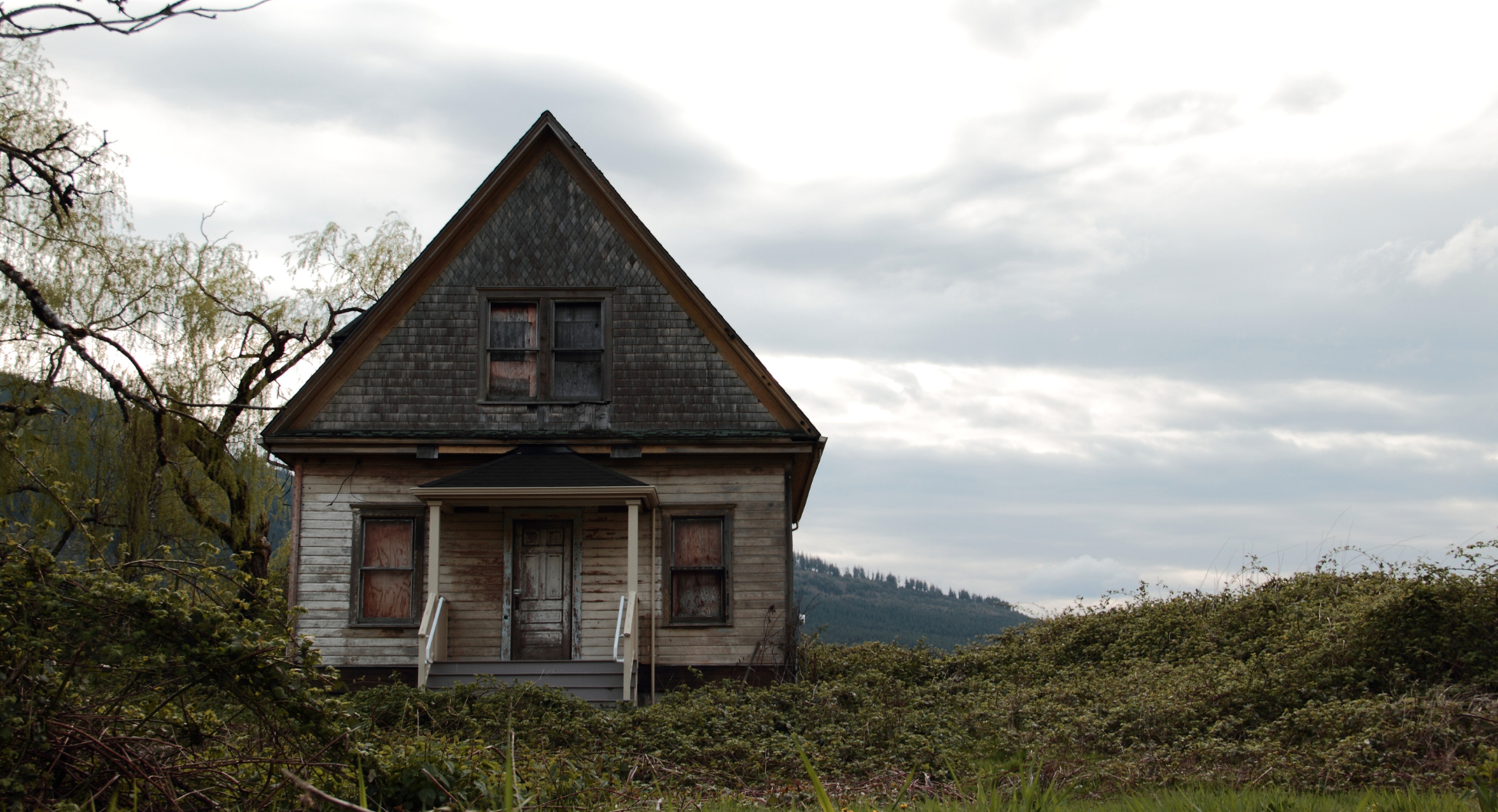With Halloween right around the corner, this seemed like a good time to discuss how to determine whether you’re about to buy a haunted house. Although I suppose any home could be haunted, the best ghost stories usually involve old mansions. As it happens, the Ukiah Valley has quite a few properties dating back to the late 1800s and early 1900s, some of which have grabbed the attention of those interested in hauntings.
According to hauntedplaces.org, the Hopland Inn, built in the 1880s, was an inn and saloon with a third floor that used to be a bordello. The ghost rumored to be haunting the place is the apparition of a woman in a white dress who was jilted by a lover and committed suicide in an upstairs room. At the Boonville Hotel, also a nineteenth-century inn, apparently guests who stay on the upper floor often hear loud footsteps in the hallway but when they try to find the source, no one is there. (I can practically see the characters from Scooby Doo investigating.)
In all seriousness, though, disclosing information about a property before you sell it is both legally required and a wise choice. Although California law does not require sellers to disclose suspected paranormal activity, it does require them to report issues that could affect a house’s marketability.
If the current owners have trouble sleeping at night because they are frightened by recurring and unexplained sights or sounds, they should describe those sights and sounds in disclosure documents (they don’t have to admit they’re scared). Even if the sellers aren’t particularly worried about ghosts frequenting their home, if the property has a reputation for being haunted, and that draws unwanted attention from looky-loos or ghost hunters, this should be disclosed because it could affect the marketability of the property.
Regardless of any paranormal activity, sellers must proactively disclose whether there’s been a death on the property during the last three years, and whether the person who died was an occupant or a visitor. The only exception with regard to death disclosures is if the decedent died as a result of HIV or AIDS. A 1986 law makes this protected, confidential information.
If a potential buyer asks outright whether the seller is aware of any other deaths on the property (even if they happened a hundred years ago), or whether there are possible hauntings or paranormal activity, sellers must admit what they know.
When my REALTORs ask me whether their clients should disclose information about a house, I almost always say yes. It’s far better to have everything out in the open early so it doesn’t derail an escrow later, or worse, lead to a legal dispute after the escrow has closed. I tell sellers to share what they know. If there was a notorious incident years ago that could affect someone’s interest in the property, that’s an even bigger reason to disclose it. If a seller is worried that a disclosure will decrease the value of the home, then they should be more worried about the legal ramifications of failing to disclose that information.
Slightly off topic, I once received a call from a guy who wanted a loan and planned to use his property as collateral. I suggested we meet, but he said he couldn’t—not ever—since he was in prison for life. That’s when he revealed he’d murdered someone and buried them on the property. While I appreciated his transparency, I opted not to make the loan.
I wish you a Happy Halloween. I hope it is spooky in all the ways you enjoy.
If you have questions about property management or real estate, please contact me at [email protected] or call (707) 462-4000. If you have an idea for a future column, share it with me and if I use it, I’ll send you a $25 gift certificate to Schat’s Bakery.


